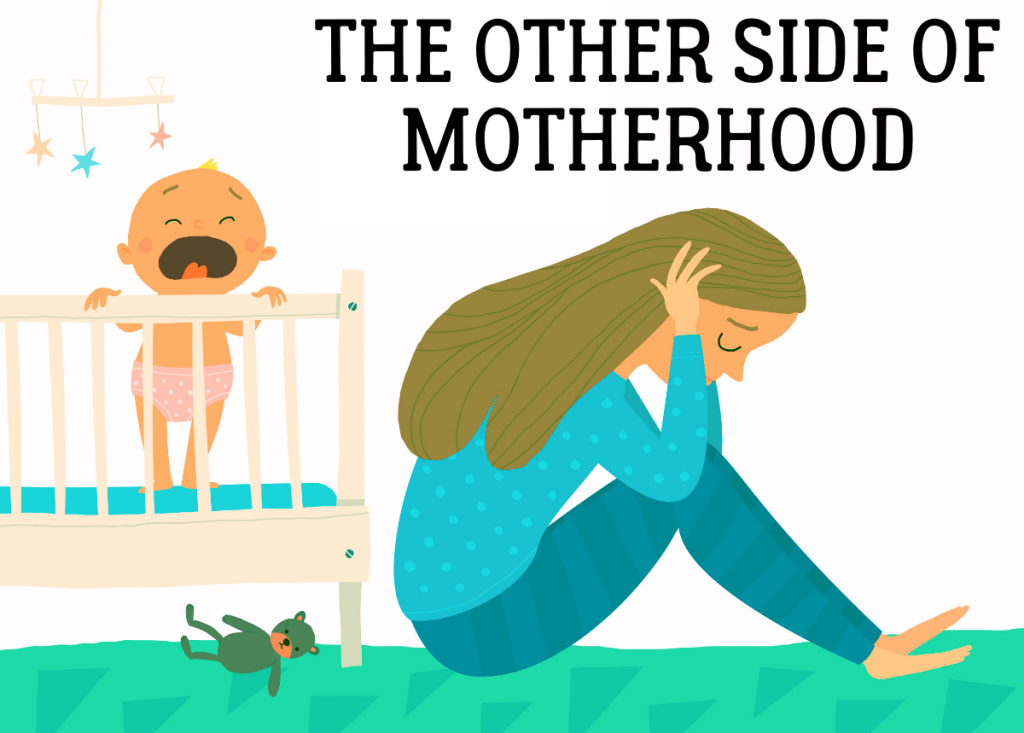Is it postpartum depression? The answer is simple. A little sadness of a woman after having her newborn baby. This is not a weakness or fault of anyone when a new mother gets postpartum depression.
There are many women who experience feelings like this and there are some women who have a mild form of this condition until their second trimester. Some women who have not been through prior delivery will be more sensitive to loss than others. There are several causes why postpartum depression occurs. Lack of sleep, don’t have someone closest to entertain and disappoint you when you cry, don’t get enough vitamins and nutrients during pregnancy, don’t have physical activity, don’t get enough water and the right nutrition during pregnancy and many women don’t get the right amount sleep. Postal depression treatment includes changing your lifestyle to include more sports, better sleep, eat better and eliminate caffeine from your diet.
What causes postpartum anxiety? This type of anxiety occurs because of hormonal changes that occur after giving birth. The body usually responds to hormonal changes by increasing stress hormone levels, anxiety and depression symptoms. The reason is definitely unknown but believed to be connected with sudden changes at the hormone levels and the reaction they have in the body.
Why can hormones contribute to postpartum depression? Hormones can contribute to postpartum depression in two ways. First, hormone changes can contribute to peripartum depression because the level of hormone stress increases, which causes imbalances in chemistry and brain feelings. Second, it is possible that changes in hormone levels can contribute to increasing depression anxiety and symptoms, which may be the initial cause of this type of problem.
What are the symptoms of postpartum depression? This type of depression usually occurs in the first three weeks after giving birth. Sometimes it can last up to one month. When the length of time that lasts more than three weeks, there are other signs of this mental health condition including the inability to maintain a sense of humor, crying excessive, insomnia, and fatigue, hot flash, often urinating to control the intestine movement and problems with think and concentration.
What is the risk factor of postpartum depression? Women who have some higher risk pregnancies to develop this type of depression. Pregnant women who have a history of depression, alcohol abuse or obesity are at higher risk. Other risk factors include having teenagers, some sexual partners, not married or married, have socio-economic losses and have low educational achievements.





